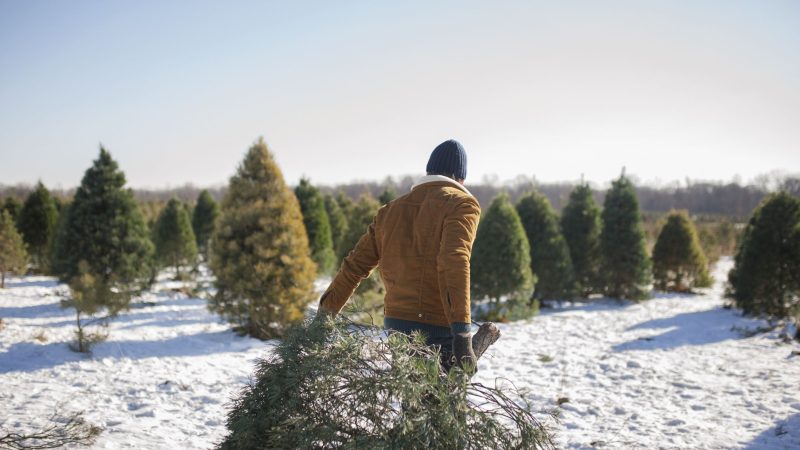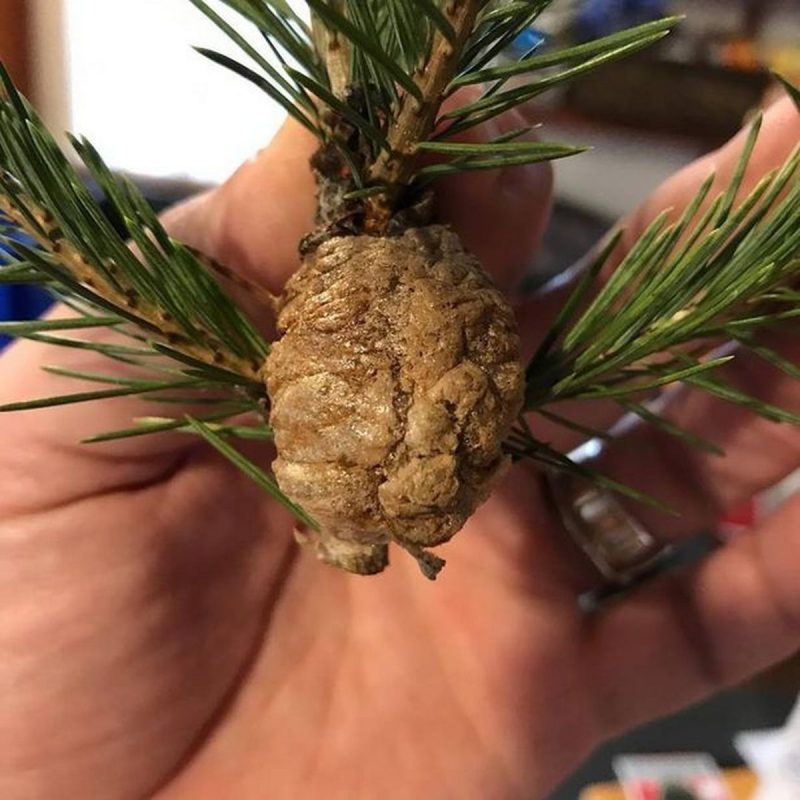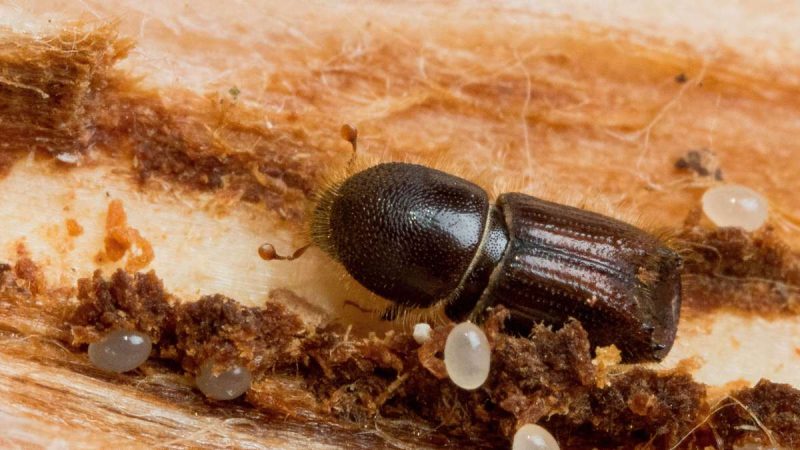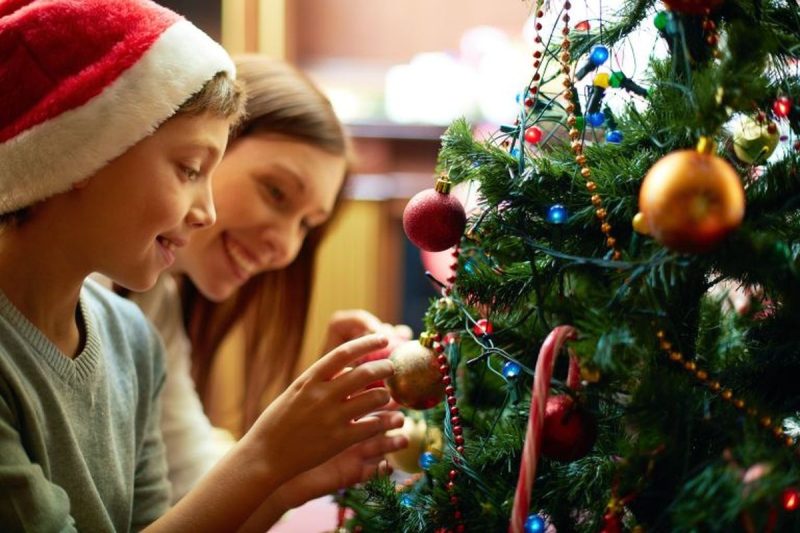Bug bites are the last thing you need during the holidays. But this is the price of having a fresh Christmas tree. Through the years of its life, your Christmas tree may have been home to many insects. They could be joining your Christmas celebrations the moment they entered your home. Knowing what you can about the bugs living in your tree can help you prevent holiday bug bites.
The Small Risk

It is not hazardous to your health if your tree has insects. Your home is not suitable for insects that live in coniferous forests. These insects cannot survive in your living environment. They cannot get food or proper humidity. Most of these Christmas tree insects die off as soon as they enter your home. Be watchful for them so that they will not bite. They will not travel far from their tree.
Sources of Christmas Bug Bites
Aphids are common insects that live in evergreen trees. The warmth of your home may cause their overwintering eggs to hatch early. Adelgids are insects that secrete cottony secretions over their tiny bodies. Also, be aware of scale and mites. Larger trees include praying mantids and bark beetles. Adult mantids will not be present in the tree. Their eggs cases will. These cases can hatch because of the warmth of your home. When this happens, you will face hundreds of baby mantids spreading out through your home in search of food. You should watch out for spiders as well.
Check Your Tree Before You Bring Your Tree Inside
Treating bug bites is not what you want during the holidays. Making sure the tree does not have insects will save you a lot of time. Close all your windows and doors first. Then, shake your tree on the farthest part of your lawn. This will minimize the possibility of insects entering your home.

Picking the right tree is important. Before leaving the Christmas tree lot, make sure your tree is free of insects and eggs. See if there are red or brown dots. Adelgids look like snow dusting. Look on the underside of the branches for these signs. Bark beetles could be in your tree if you see sawdust trails with small holes. Shaking the tree will also dislodge the empty birds’ nests, spiders, and other insects. Doing so will also remove dirt and pulverized rock before taking the tree inside.
Do NOT Spray Insecticides

It is not a good idea to spray pesticides on your fresh Christmas tree. These products can ignite. All insects need humidity to survive. They will dry up and die in just days inside your home. They will also die off because they do not have a food supply indoors. It will be better to just clean up the dried-up, fallen insects around your fresh tree.
The Number of Insects Can Be Overwhelming
Many insects hide in your fresh Christmas tree. The larvae, nymphs, eggs, and adults live in every branch. In the natural environment, the temperature is cold. The insects hibernate in the tree. When the tree enters your home, the insects wake up. They look for food. If they cannot get the food and other things they need to survive in your home, they will die off.
Common Insects in a Real Christmas Tree
You can have thousands of insects in a fresh Christmas tree. The common insects you may find are the following:
- Spiders
- Spider mites
- Praying mantises
- Bark beetles
- Sawflies
- Christmas tree scale

Each type has hundreds or thousands in one tree. They may even exist harmoniously with each other. Studies show that there could be 25,000 bugs in one Christmas tree. It is a scary thought to bring home that many insects inside your living space.
Pest-Proofing the Fresh Tree
The Christmas lot can let you borrow a mechanical tree shaker. This will dislodge any adult bugs, nests, and eggs that live in the tree. But even if there are insects left, they will not harm your household. Making sure they stay away from your family, you can spray your tree with neem oil. This is a safer option than spraying aerosol insecticides.

A fresh Christmas tree is a strong symbol of the holidays. Nothing brings that refreshing holiday scent better than a living tree. You do not need to bring the resident insects into your home as well. Performing some preventive measures can save you from unnecessary bites while having Christmas dinner with the family.